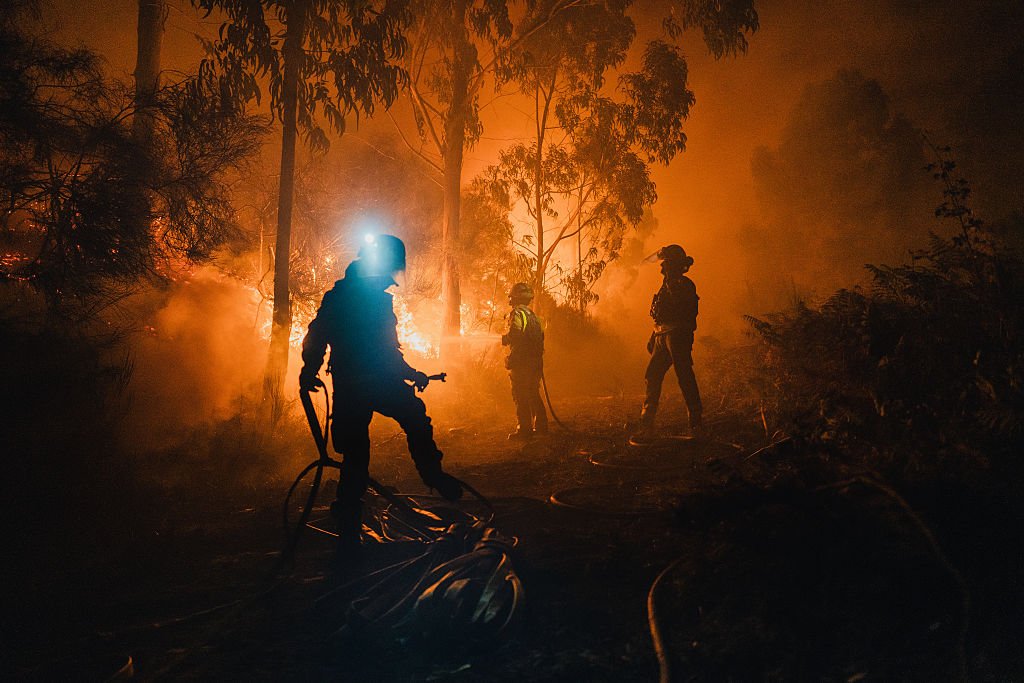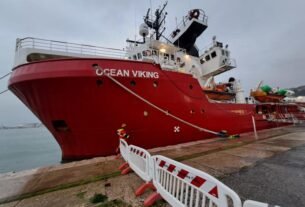A brutal heatwave roasting Spain and Portugal this month has finally begun easing as weather conditions improve and firefighters make progress in their battle against deadly wildfires.
The scorching heat, which estimates have linked to more than 1,100 deaths in Spain alone, has raised questions about how the countries can prepare for the future, given rising average temperatures driven by climate change.
This month’s 16-day heatwave was Spain’s most intense on record, with average temperatures 4.6°C above previous highs set in July 2022, Spanish meteorological authorities said on Sunday.
Heat fuels deadly wildfires
The August heatwave exacerbated tinderbox conditions in Spain, stoking wildfires that continue to ravage parts of the north and west of the country.
In neighbouring Portugal, a firefighter died on Saturday battling a wildfire in Sabugal, which borders Spain. He was the fourth firefighter killed in Portugal, and another four people have been killed directly by wildfires in Spain as well, according to authorities.
Across the Iberian Peninsula, nearly 900,000 hectares have been scorched by the fires.
The tides finally seem to be turning in Spain, though head of Spain’s emergency service Virginia Barcones said there were still 18 “treacherous” fires burning.
“We will need a final push to be done with this horrible situation,” she told TVE television. “There are fewer of them and the end is a lot nearer.”
Spanish Prime Minister Pedro Sánchez said there were “still critical moments ahead”.
EU response, and a political backlash
The European Commission has taken a largely reactive approach.
The EU’s Civil Protection Mechanism sent four planes, five helicopters and 230 firefighters to Spain to help tackle the fires. Hadja Lahbib, the EU’s crisis commissioner, dubbed it the “largest wildfire response operation this year”.
In Spain and Portugal, questions are mounting over how the countries have responded to climate change and possible political mismanagement in the face of the heatwaves and fires.
Farmland and rural areas in the northwestern Spanish region of Castilla y León, for example, were particularly hard-hit by the blazes.
Spain’s opposition conservative People’s Party have accused Sánchez’s government of withholding aid to badly affected regions governed by conservative local politicians.
In Portugal, several at a funeral for a firefighter killed in the fires said that the country’s prime minister, Luís Montenegro, was “not welcome in this city”.
Scientists say that climate change is to blame for driving longer, more intense and more frequent heatwaves across the world, including in Europe. Lower humidity in the air, vegetation and soil make it easier for wildfires to ignite – and make the blazes harder to control.
(bts)





